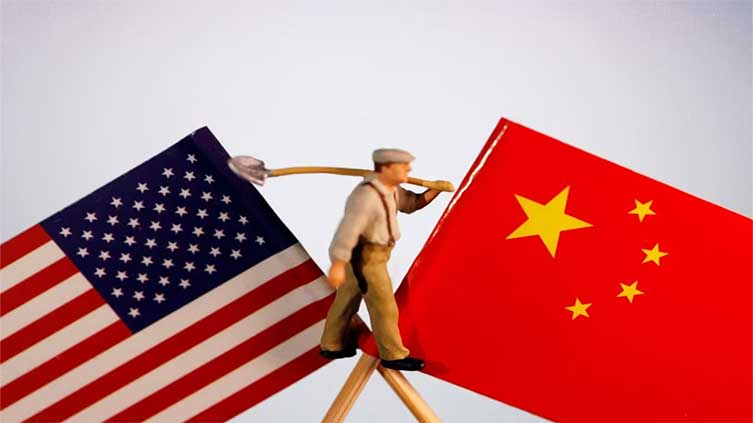Companies respond to China's curbs on gallium and germanium exports

Business
Companies respond to China's curbs on gallium and germanium exports
(Reuters) - China said on July 3 it would restrict exports of two metals used in semiconductors and electric vehicles, escalating a technology war with the United States and potentially causing more disruption to global supply chains.
Following are responses from some companies to the announcement of curbs from Aug. 1 on Chinese gallium and germanium exports.
A spokesperson for the Semiconductor Equipment Association of Japan said it was difficult to know whether the export restrictions would lead to shortages.
Dowa Holdings, the world’s top producer of high-purity gallium used in products such as wafers and LEDs, said it was investigating the situation.
A spokesperson for Fujitsu said the company "is currently not active in the semiconductor business, so we are not directly impacted by the export regulations. Nevertheless, we will continue to carefully monitor market trends and other significant movements that may influence our procurement of semiconductors."
Nichia Corp, a leading maker of gallium nitride (GaN) based semiconductor lasers used in products such as projectors, said "there is no impact at the current time. We are looking into this so don’t know about the future."
A spokesperson for Sumitomo Chemical, which uses gallium as a raw material in its compound semiconductor business, said the company is monitoring the situation closely and collecting information.
Volkswagen said on July 6 it was monitoring the situation on raw materials markets and was "ready to take measures together with its partners if necessary". The German automaker said gallium and germanium played a role in future autonomous driving functions.
Taiwan's TSMC, the world's largest contract chipmaker, said it did not expect any direct impact on its production but would continue monitoring the situation.
Dutch-based, Nasdaq-listed chipmaker NXP Semiconductors said it expected no material impact on its business.
Microchip Technology said its initial assessment is that there will not be a material impact.
An Intel spokesman said on July 5 the company was assessing the ministry's statement, adding: "Our strategy of having a diverse, global supply chain minimizes our risk to local changes and interruptions."
A source at Infineon said most of the German chipmaker's supplies come from outside of China.
Stellantis Chief Executive Carlos Tavares said the restrictions on gallium and germanium exports should not push Western companies to "decouple" from China.
"We are not in a war with any Chinese suppliers ... in this case, it is up to the European Union to collaborate with Chinese authorities to find a solution," Tavares said.
Navitas Semiconductor Corp said it expects no adverse effects on its business, adding: "Significant sources of gallium are available worldwide, as it is a natural by-product in the production of other metals such as aluminum."

